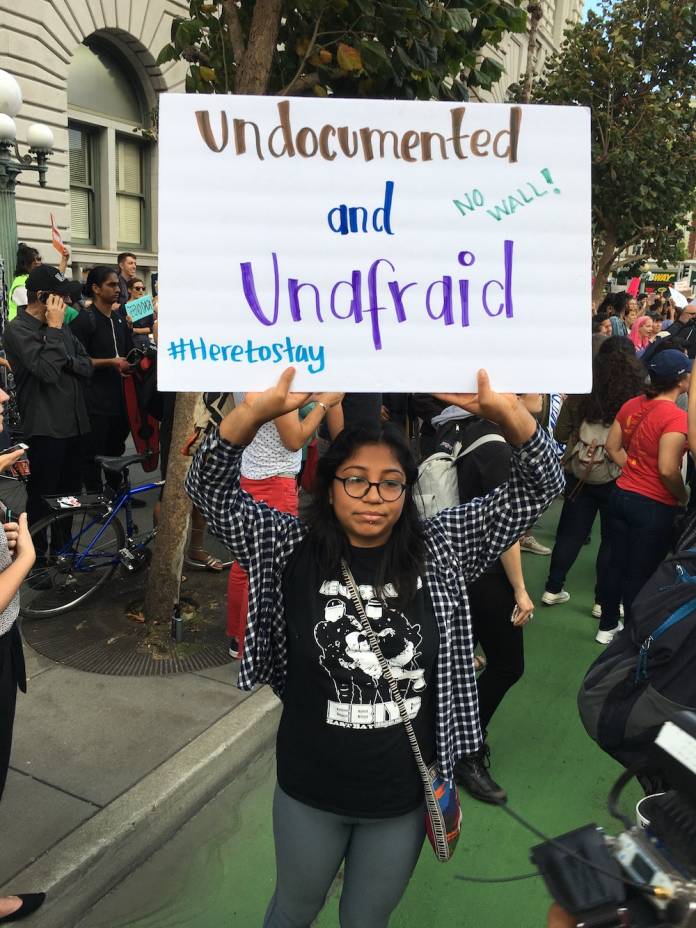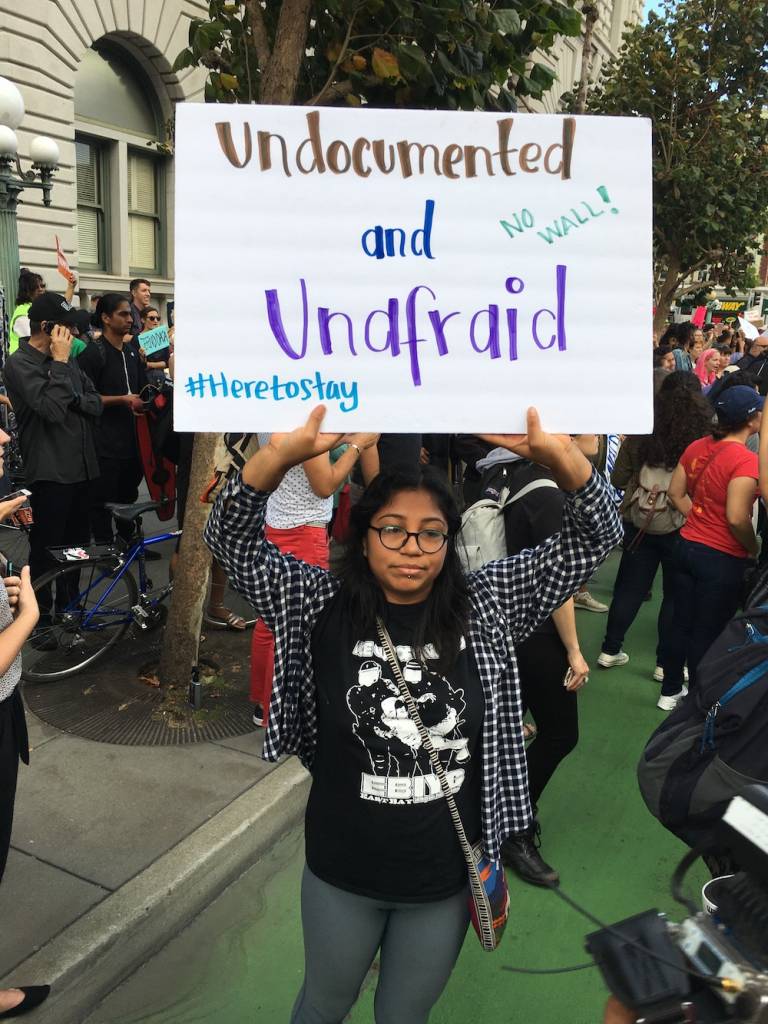
We at Opportunity Fund we are not experts on immigration policy or constitutional law. We do know our clients—hardworking strivers who use our loans, financial education and savings incentives to build better futures for themselves and their children. We know they get up early every day, fire up the propane tanks on the food truck or grab a heavy backpack full of schoolbooks, and go about the business of contributing to our community and our economy.

Most of our clients are immigrants, and they are every bit as American as anyone who was born here. Many of them were brought here as children, sometimes without proper documentation. Many of them didn’t even find out they were “undocumented” until the first time they tried to get a job or apply for student financial aid. Whatever your feelings about undocumented immigration, surely this group, people who crossed the border as children, are a sympathetic group.
In 2012, the previous administration took action, after years of inaction by Congress, to do something about this group, now known as Dreamers, by enacting the Deferred Action for Childhood Arrivals program, or DACA. The program made this bargain with Dreamers: You come forward out of the shadows, reveal all of your personal identity information to the Federal Government (and pay $465—a not insignificant sum for our clients) and the government will give you a permit to work and/or study in the U.S. It was an incredibly risky and costly thing for an undocumented immigrant to do, but more than 800,000 Dreamers did—200,000 of them in California. They became the first in their families to go to college, They got living wage jobs and began earning more than their parents. They brought their family businesses out of the underground economy, got business licenses and began paying taxes. They began to see their dreams of prosperity come true.
Last week, the new administration rescinded DACA, with no assurances that Congress would act to renew or reform it within the 6 month wind-down period. Our clients are back in limbo, after accepting the risky bargain that was offered to them. In his speech announcing the decision, Attorney General Jeff Sessions made the following claims about DACA:
The effect of this unilateral executive amnesty, among other things, contributed to a surge of unaccompanied minors on the southern border that yielded terrible humanitarian consequences. It also denied jobs to hundreds of thousands of Americans by allowing those same jobs to go to illegal aliens.
DACA was passed in 2012. The surge in unaccompanied minors at the southern border began in 2008, and was mainly attributable to escalating drug-related violence in Central America. In addition, DACA only applies to children continuously residing in the U.S. since 2007, before the surge at the southern border began. There is no evidence to support the first claim. There is no evidence to support the second claim either. The claim is not only false, it is incredibly divisive. Sessions went on to link the failure to enforce immigrant law to “crime, violence and even terrorism,” even though he knows full well that Dreamers are far less prone to be criminals than the population at large. The reference to terrorism in a speech about the Dreamers is a particularly appalling example of fear-mongering.
We simply cannot let this stand. I urge everyone reading this to contact your elected representatives and urge them to act swiftly to reinstate DACA. There is a strong economic argument for preserving DACA, and you may want to read up on it. But that is not the argument I’m making. This is a moral issue, and the Administration is acting immorally in this case.
Eric Weaver is the founder of Opportunity Fund, a nonprofit micro lender.

